In January of 2011 I spent five weeks traveling around Myanmar with a group of my classmates from Virginia Theological Seminary. We were there to learn about the Anglican Church in Myanmar and the lives of our brothers and sisters in Christ, half a world away. During our time there we visited Holy Cross Theological College in Yangon and St. Peter’s Bible School in Toungoo. We were asked to bring a few theology books in our suitcases to donate to the schools. While touring one of the school libraries I was shocked to see an entire set of Hardy Boys Mysteries. On one hand, it is nice that the students have access to a fun set of easy books to help improve their English. On the other hand, I was so sad to see that in this small, one-room library at a theological college there was room on the shelf for a set of kids mystery books. I wished the shelves were so over-flowing with theology books that other texts would be in a classroom or dorm somewhere else on site. But, as we were learning, when you live in a country like Myanmar you don’t have access to the resources we have – and you make due with the donations that come your way.
“Once you learn to read, you will be forever free.” – Fredrick Douglas
Growing up, my house was filled with books. A floor to ceiling bookcase, built by my father, was installed in our upstairs hallway and was covered with books. Books about gardening, early childhood education, theology, cooking, special education, and Irish heritage (along with several mysteries, novels, and a few romance novels) graced the shelves. There were bookcases in every room of the house – all of which were piled high.
The irony of growing up surrounded by books was, I was a kid whose dyslexia made even the idea of reading abhorrent to me. Reading made me feel stupid and angry. I hated reading so much it became a source of amusement for my friends. In seventh grade my friends wrapped my birthday present in layers of bubble wrap and duct tape. The anticipation grew as I struggled to open what must have been a magnificently cool present since they put such effort into concealing it. After a struggle that took the entire lunch period, I got into the package to discover three classic novels including the Count of Monte Cristo, Jane Eyre, and one other I seem to have blocked out. I choked back tears as they all laughed. They intended the gift to be a joke, but to me it served to highlight my insecurities about the secret I carried and which felt like a scarlet letter on my chest. (Point of clarification: I never read The Scarlet Letter. When it was assigned, like all assigned reading, I read the back of the book and a few paragraphs inside and then wrote a paper, which earned an A. I was very, very good at fooling teachers into thinking I’d completed my assigned reading.)
I did not read my first chapter book until the age of 15. And even then, the novel I chose (Forrest Gump) was one in which I could anticipate key plot points after seeing the movie with my mother. I graduated high school without having read a single assigned book. I did read chapters in history texts or excerpts from sociology – but reading an entire novel or biography? Impossible. Yet, I graduated with honors. I was convinced I was incapable of reading. I lived in a house surrounded by books I had no intention of ever reading.
Fast forward to college. I went to Wheelock College in the fall of 1999 with grand intentions to become a Child Life Specialist and to make a difference in the world. I struggled with the adjustment to college life – the workload was much more strenuous and teachers actually did notice if I didn’t do my reading. But I wanted to succeed. At the same time my mother was felled by a mystery illness so I attacked the only part of the scenario I had any control over: my work. I made an appointment with the learning center and buckled down. I read my texts and I figured out was that when I was interested, and when I employed the necessary strategies, I could read them. It took me three or four times as long as my peers, but I could read. In the spring of my freshmen year I signed up for an intermediate philosophy course about world religions and I was hooked. Philosophy became my minor. Not only had I learned how to read, I was intentionally signing up for courses that required me to read primary source documents that were more complex than anything I’d ever seen before.
In my sophomore year, my mother, the woman who loved books more than anyone else I knew, died from cancer. My world shattered – but I didn’t miss a single day of school. Mom died during Christmas break, and I was back in my dorm room in mid-January with the rest of my classmates. I graduated college, had a successful career in child life, went to seminary, and now I am a priest. All the while, books have been a source of comfort and nostalgia. In college I learned how to read for knowledge. In the summer after college, when I devoured books 1-5 of the Harry Potter series, I learned to read for pleasure. When I think about my life I realize that I truly learned to read at the age of twenty-two. And since then, I feel blessed each and every time I open a book and understand the thoughts contained in those pages. Bookshelves full of musty pages smell and feel like home. I am a priest who gleefully surrounds myself with books, floor to ceiling – in every room of the house. My books remind me of my mother and the countless hours she spent in used bookstores acquiring her treasures. They remind me of my father, who despite his own severe dyslexia, loved to read books by Patrick O’Brien, John Grisham, and Tom Clancy. I am reminded of the loving work my parents put into not shaming me for my learning challenges but covertly offering strategies to help me overcome them.
“There are many little ways to enlarge your child’s world. Love of books is the best of all.” – Jacqueline Kennedy-Onassis
During my vocational discernment I met one of my mother’s friends whom I’d never met. She told me about my mother’s own discernment about a call to the diaconate. Suddenly, all of my mother’s theology books came alive for me in a new way. She had countless books about God – many focusing on feminist theology and the roles of women in the church. Suddenly, this knowledge that my mother was discerning her own call before her untimely death at forty-three, made abundantly more sense and introduced me to a side of my mother I’d never had the privilege of knowing. My nineteen year-old self was not ready to know that part of my mom, but my twenty-seven year-old self desperately hungered for her presence.
Five years later, with a crisp new Master of Divinity in the back of my overloaded Lancer, I arrived in my new apartment following a grueling 15-hour drive from Virginia Theological Seminary. I walked into a home filled with boxes. My bed was made for me. The living room was set up. Fresh towels, soap, and shampoo waited in the bathroom. And my mother’s prized collection of religious books waited for me in her antique bookcase: A gift from my father. I have loved those books. They’ve been a blanket around my heart reminding me who I am and from where I’ve come.
“Whenever you read a good book, somewhere in the world a door opens to allow in more light.” – Vera Nazarian
As Chris and I have begun to seriously think about our impending move I’ve had to seriously look at my collection *hoarding tendencies. I read “The Life-Changing Magic of Tidying Up” and decided to use those strategies to begin to pare down my belongings. The book’s author, Marie Kondo, suggests one-tackle books first. Oh dear. As I really considered the question of whether or not my books were bringing me joy I came to the difficult answer that they were not. Aside from Harry Potter, I did not plan to reread any of the books on my shelves. Moreover, many of the books had never even been opened. They were solid theological titles, but at this time in my life and journey I did not want to read them. I realized that my books were holding up the walls and reminding me of a happier time when I could moodily slam the door of my teen-bedroom and hear the thumping of mom’s books falling from the shelf outside. I was reminded of hours spent in the used bookstore as mom browsed the shelves. I was reminded of my dad sitting in his ugly recliner reading a novel before bed. But they were not necessary for my joy.
After coming to that realization I initially decided I could donate them to the Virginia Theological Seminary library. I had benefitted many times in my seminary career from library book sales and I could just see the joy on the current seminarian’s faces as they purchased my mother’s books for a dollar or two. Then, I remembered those sparse library collections in Myanmar. What if, instead of enabling the hoarding tendencies of American seminarians, I found a way to actually enhance the education of Burmese college students? Could it be possible? The answer, as you’ve probably figured out, is yes. For a price, I could mail my mother’s and my b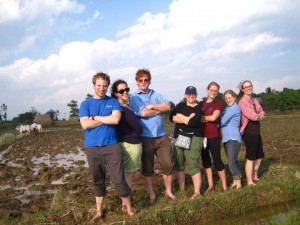 ooks to Myanmar to the Diocese of Toungoo for them to share with the students there.
ooks to Myanmar to the Diocese of Toungoo for them to share with the students there.
I wrote to other Myanmar “alumns” who’d visited the country with the seminary and asked for donations to help offset the cost of
shipping. Several came through and generously made the shipment possible! Once you’ve been to Myanmar and met the amazing people there and learned their stories it is impossible to walk away unchanged and this project is evidence of that.
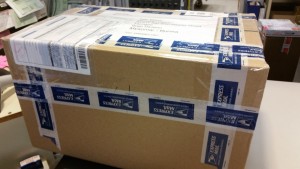 Finally, after months of sorting and packing, this week, I collected a lot of steps on my fitbit as I ran up and down the stairs packing over 300 pounds of books into my car. The amused post office employee asked me what I was mailing, assuming I was a Peace Corps volunteer mailing supplies to myself. When I explained he paused for a moment, looking at me seriously, before saying, “That is kind of awesome.”
Finally, after months of sorting and packing, this week, I collected a lot of steps on my fitbit as I ran up and down the stairs packing over 300 pounds of books into my car. The amused post office employee asked me what I was mailing, assuming I was a Peace Corps volunteer mailing supplies to myself. When I explained he paused for a moment, looking at me seriously, before saying, “That is kind of awesome.”
It is kind of awesome. In a few (?) weeks my mother’s collection of books – all of which have hand written book plates in the front covers and the year of acquisition written inside, will be shared with students and priests in Myanmar. My parents who loved God, each other, their children, and reading will be memorialized in the form of love and knowledge being shared with our friends half a world away. I cannot think of a more fitting tribute than that.
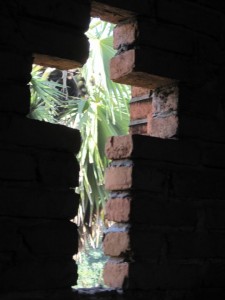
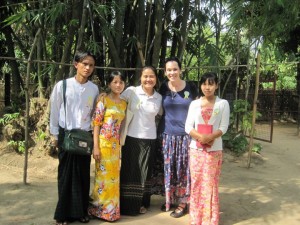
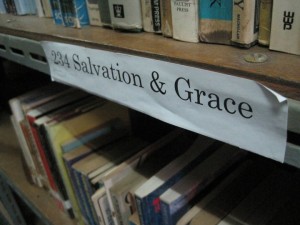
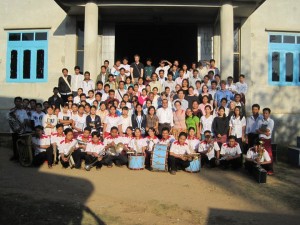
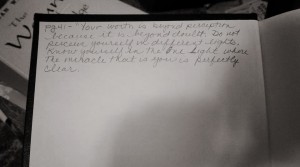
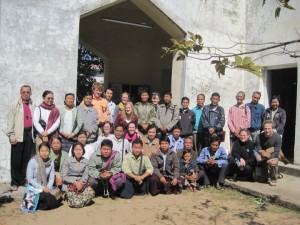
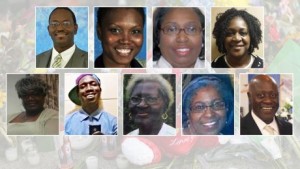
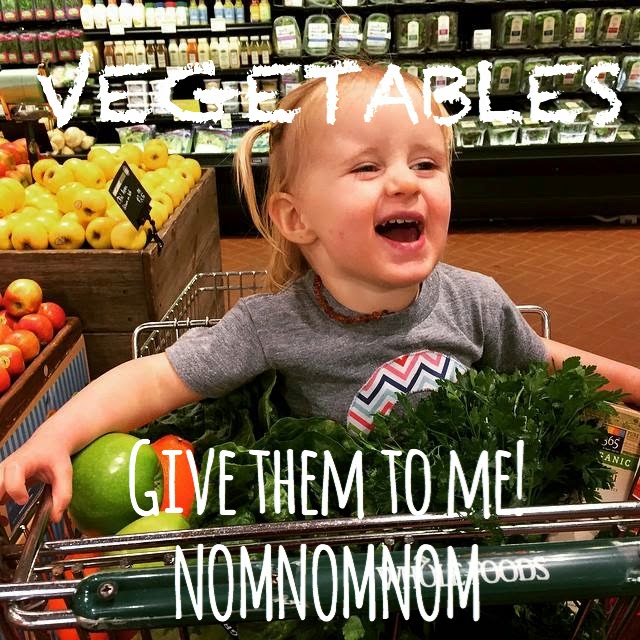

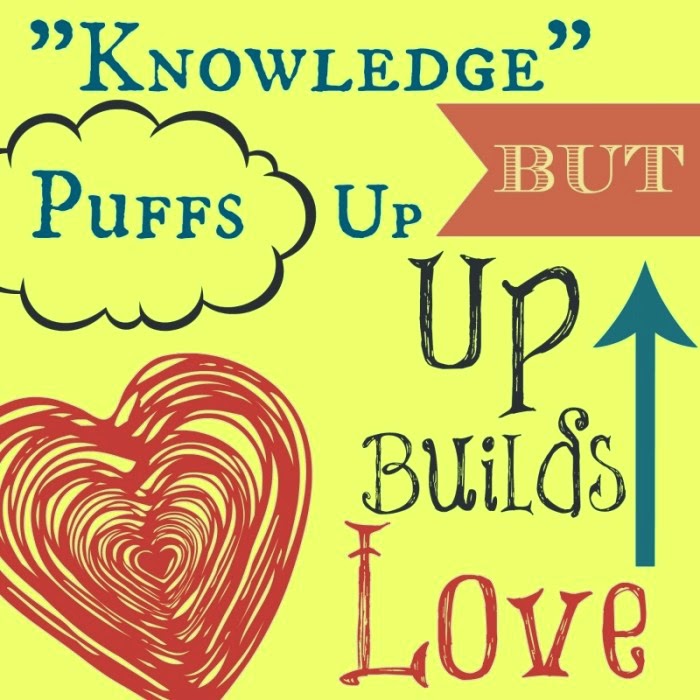
Recent Comments